Mark Carney Could Easily Win Canadian Elections, Myriad Markets Says
Prediction market says Canada's former central banker will likely take the Liberal Party into an easy victory – thanks to aggressive posturing by U.S. President Donald Trump.

In early January, after Prime Minister Justin Trudeau announced he was stepping down, all polls pointed to political upheaval in Canada should an election be called.
Now, it looks to be an unprecedented fourth term for the Liberal Party, led by former Bank of Canada and Bank of England governor Mark Carney, with a contract on Myriad Markets, a new prediction market, giving Carney a 74% chance of taking office.
Back in January, a poll tracker from CBC projected that the Conservative Party, led by Pierre Poilievre, could have made history winning up to 244 of the 338 seats in Canada's Parliament.
Justin Trudeau's Liberals may have been relegated to third place, an astonishing fall for a party whose leader entered Ottawa as one of Canada's most liked. At the time, Quebec's Bloc Quebecois – a federal party that solely exists to advance Quebec's interests on the national stage – assumed the role of official opposition.
But much has changed since then.
January 6 was the day that Trudeau announced his resignation and polls reflected the last days of what one columnist for the National Post described as a "legacy of chaos and disaster."
This is continuing coverage of the Canadian election as part of an exclusive arrangement between myriad markets and Consensus by CoinDesk. Consensus 2025 will take place in Toronto May 14-16.
The Conservative party had already been in campaign mode weeks before Trudeau's resignation, latching on to inflation and Canada's declining post-Covid affordability and were rewarded with it handsomely in the polls.
Voters weren't impressed with the Liberal's proposals on carbon taxes and Trudeau's plans for housing affordability were seen as not scratching the surface of the problem.
On January 7, there was no Trudeau. Without a foil, Poilievre was suddenly less effective and likeable. While the Conservatives have a whole library of policies, the headline was about Trudeau. There was no other ballot box question. Polls showed that the Conservative's lead was beginning to slip.
Then Donald Trump entered the fray.
A trade war with Canada's largest trading partner – something unfathomable a year ago – became a reality.
Carney won the race to replace Trudeau as Liberal leader – temporarily becoming the country's prime minister. With Carney at the helm, the Liberals leaped into a significant lead nationally.
Carney, a former central banker, outpaced Poilievre in favorability ratings, reflecting widespread public sentiment that an experienced central banker was more trustworthy to handle pressing economic challenges than a lifelong partisan operative.
Carney's significant experience on Bay Street, Wall Street, and in central banks ticked a lot of the right boxes for the electorate, putting him on track, as Myriad Markets' election contract shows, to be elected as Canada's twenty-fourth prime minister.
The Canadian election contract is one of the 30-odd markets currently on the platform, which cover a variety of topics from crypto prices, to the launch date of Grand Theft Auto VI.
Myriad Markets is a brainchild of the Decrypt and Rug Radio team, which launched it last year as part of a “interconnected media ecosystem” that integrates on-chain prediction markets alongside written and video content.
Crypto not on the Ballot
The Trump campaign doubled-down on crypto in the election as a way to get swing voters to the ballot box.
As Conservative party leader, Poilievre said in late 2022 that he wanted to make Canada the "Blockchain capital of the world". Disclosures show he holds shares in the Purpose Bitcoin ETF.
A 2022 survey from the Ontario Securities Commission showed that 13% of Canadians owned crypto assets, of which most were male and under 45.
One might wonder, then, why crypto isn't a bigger issue in this election. It could be that part of the reason why is corporations are not allowed to fund political operations as they do in the United States; around $120 million – or about half of all corporate money donated – in the last election came from crypto companies.
Poilievre likely believes crypto is not worth dwelling on amid broader economic uncertainty and cross-border tensions that are top-of-mind for voters.
Crypto industry groups are waiting until after the election to press their case, seeing it as tone-deaf to push on crypto issues right now.
Whoever wins, they will have to work closely with Canada’s provinces, which control securities regulation. This is likely why crypto has only gotten moderate attention in Parliament in Ottawa. Any sort of development would likely come from the Provinces.
Crypto regulation in Canada is a featured topic at Consensus 2025 in Toronto, which takes place from May 14-16.




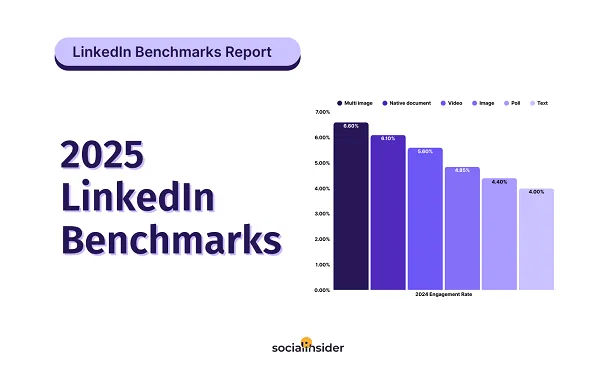

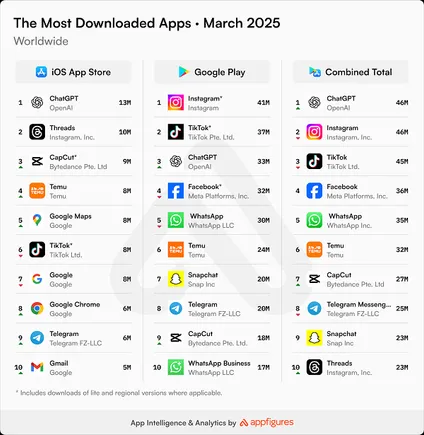



















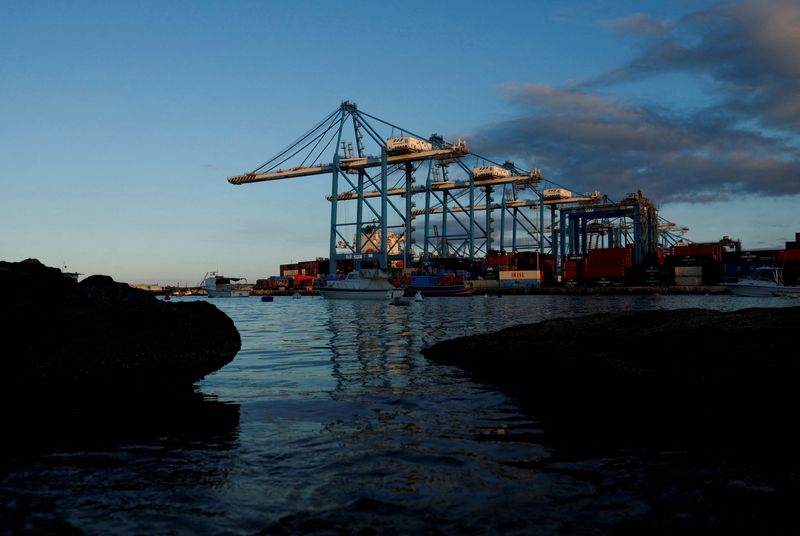





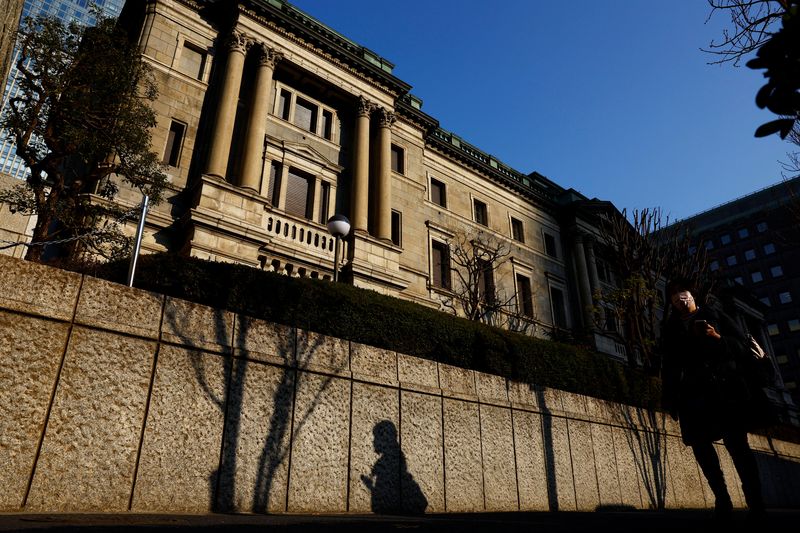
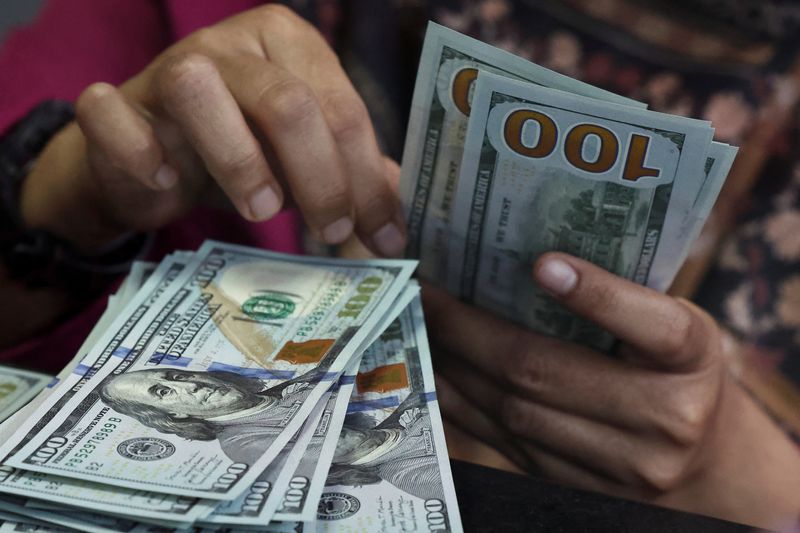
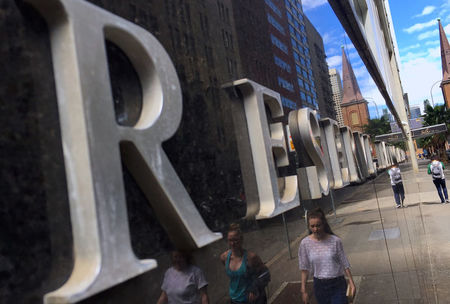






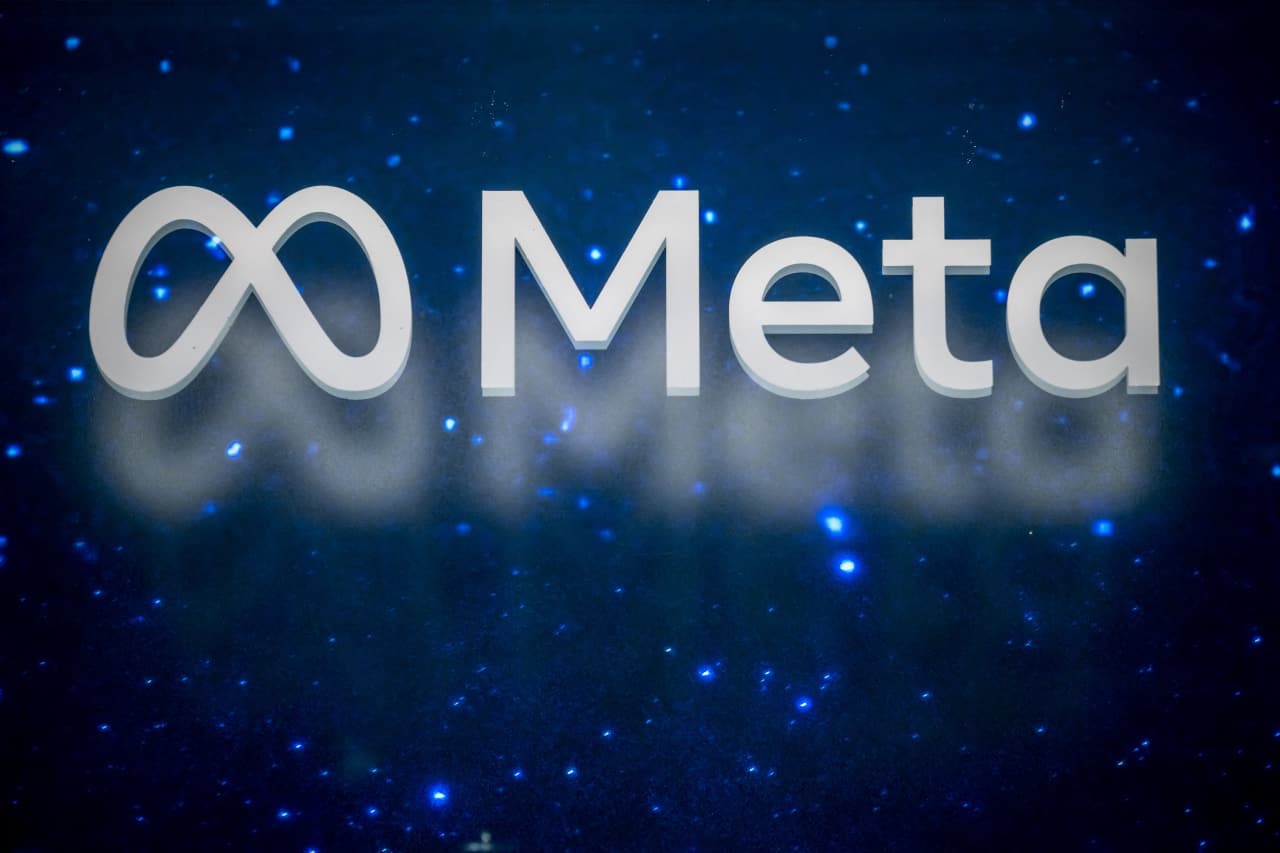


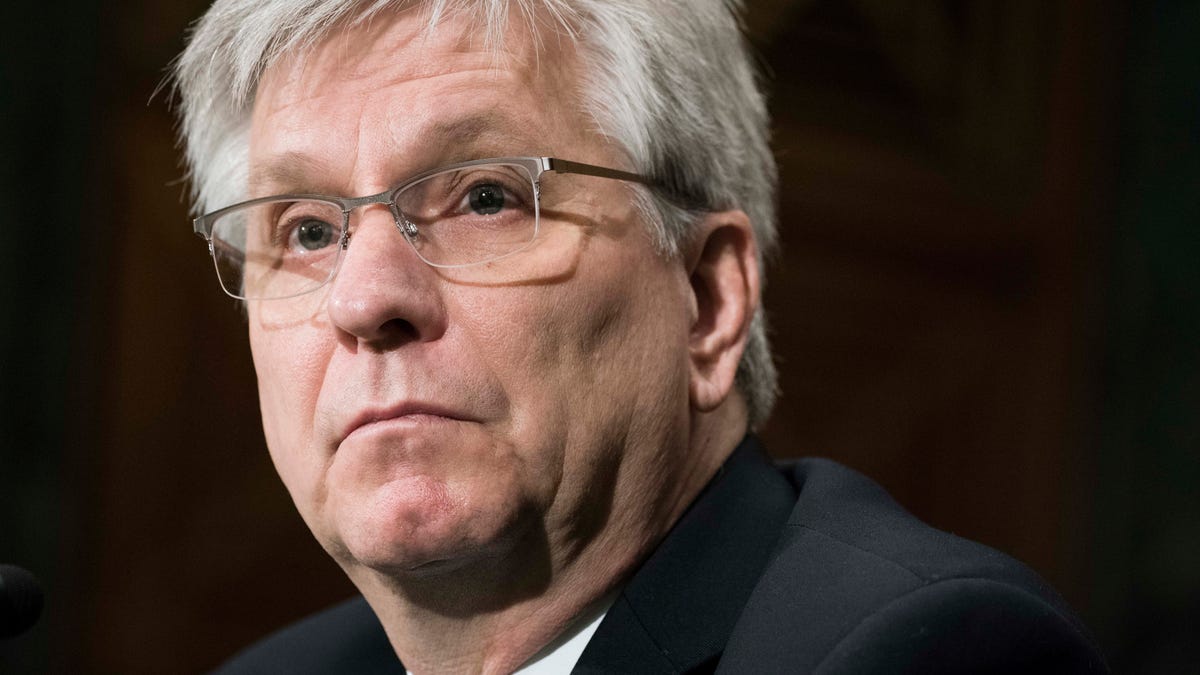
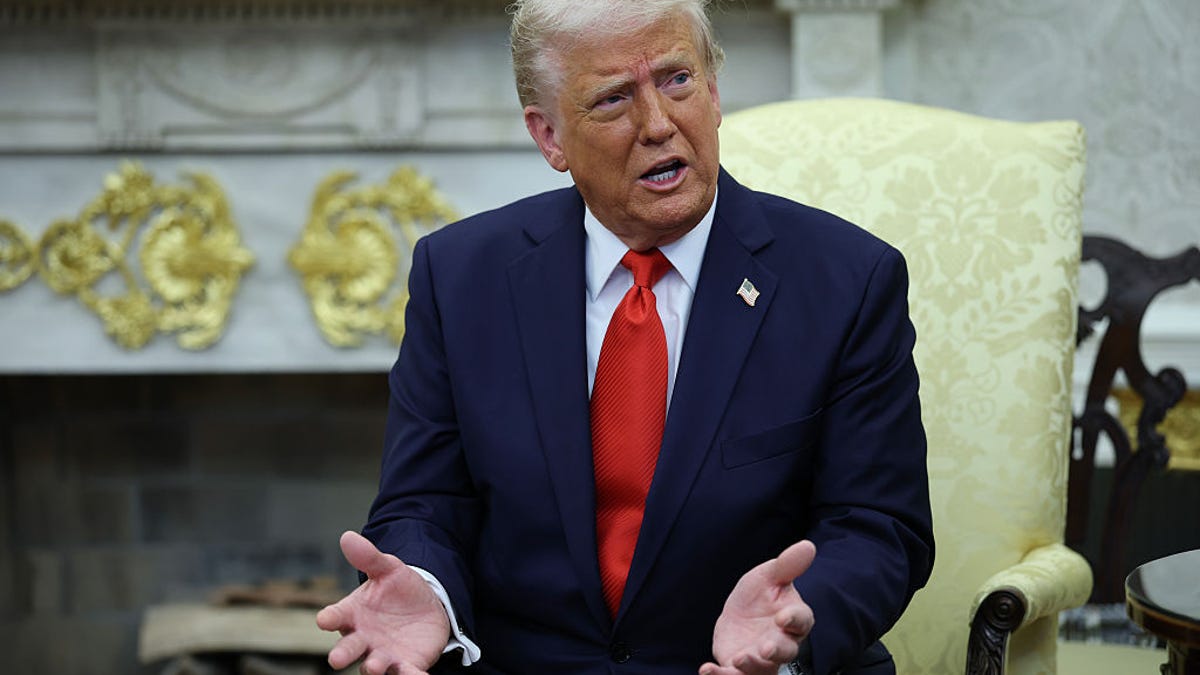
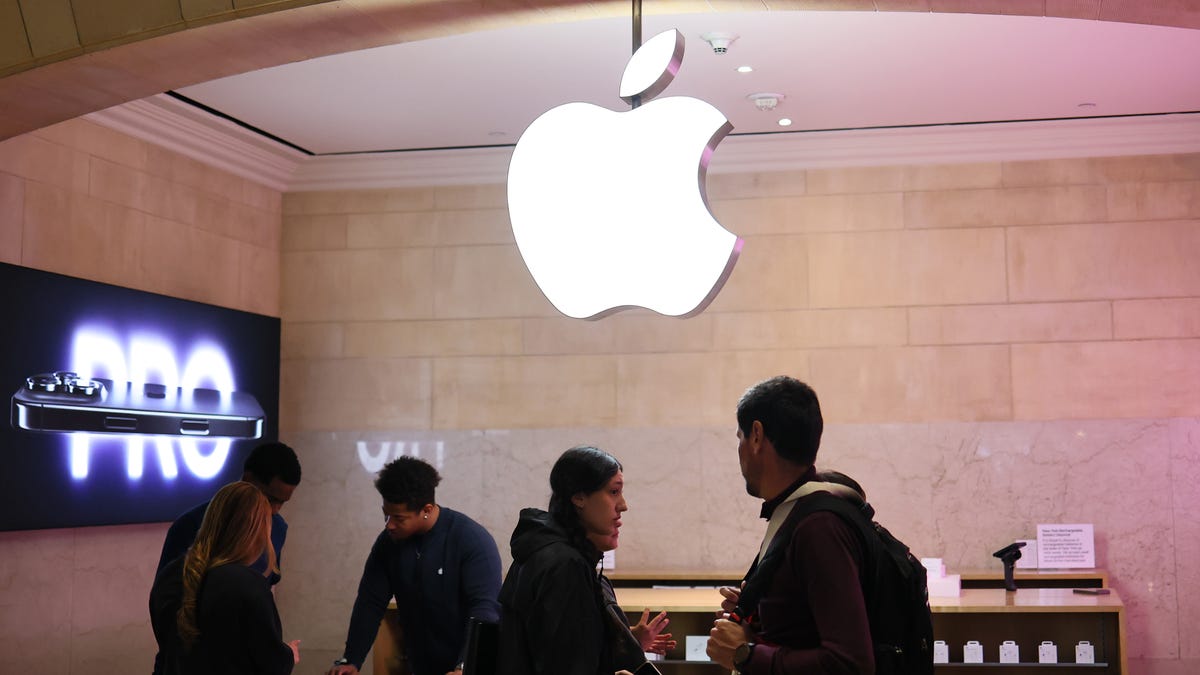























































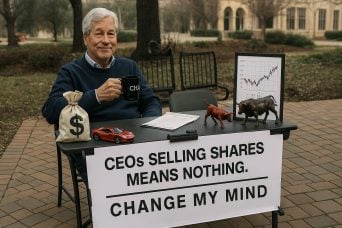













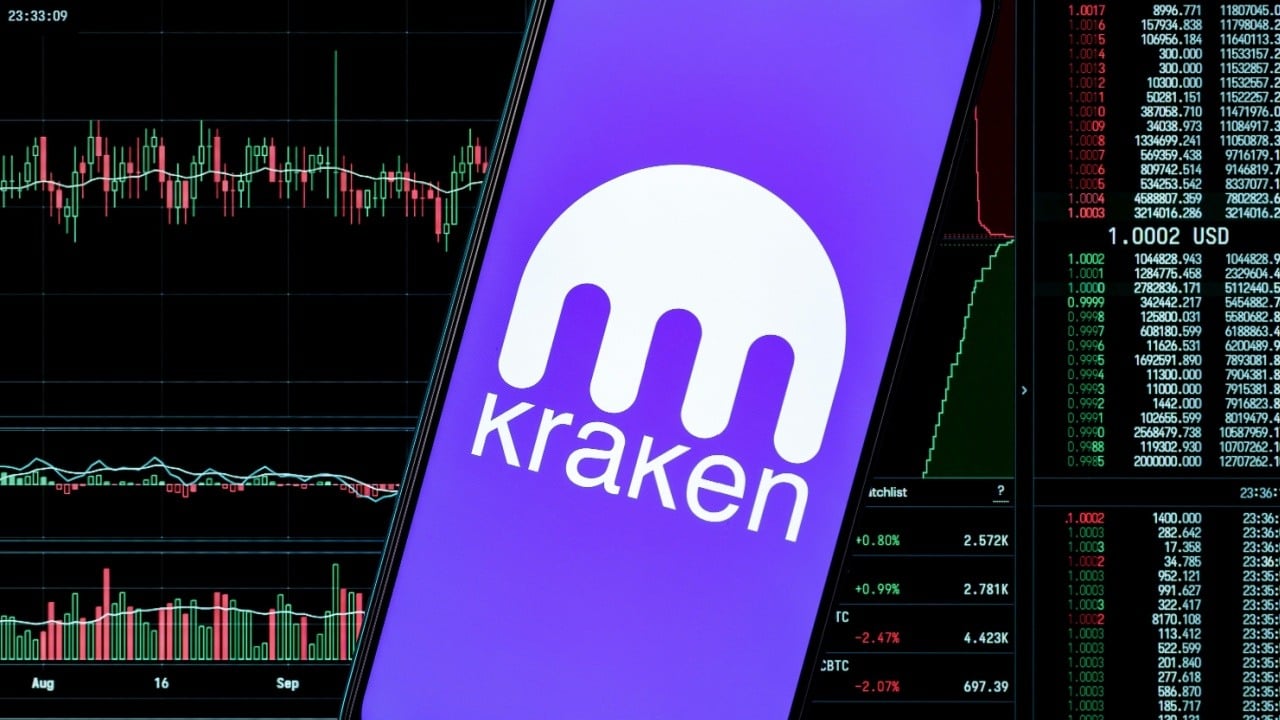





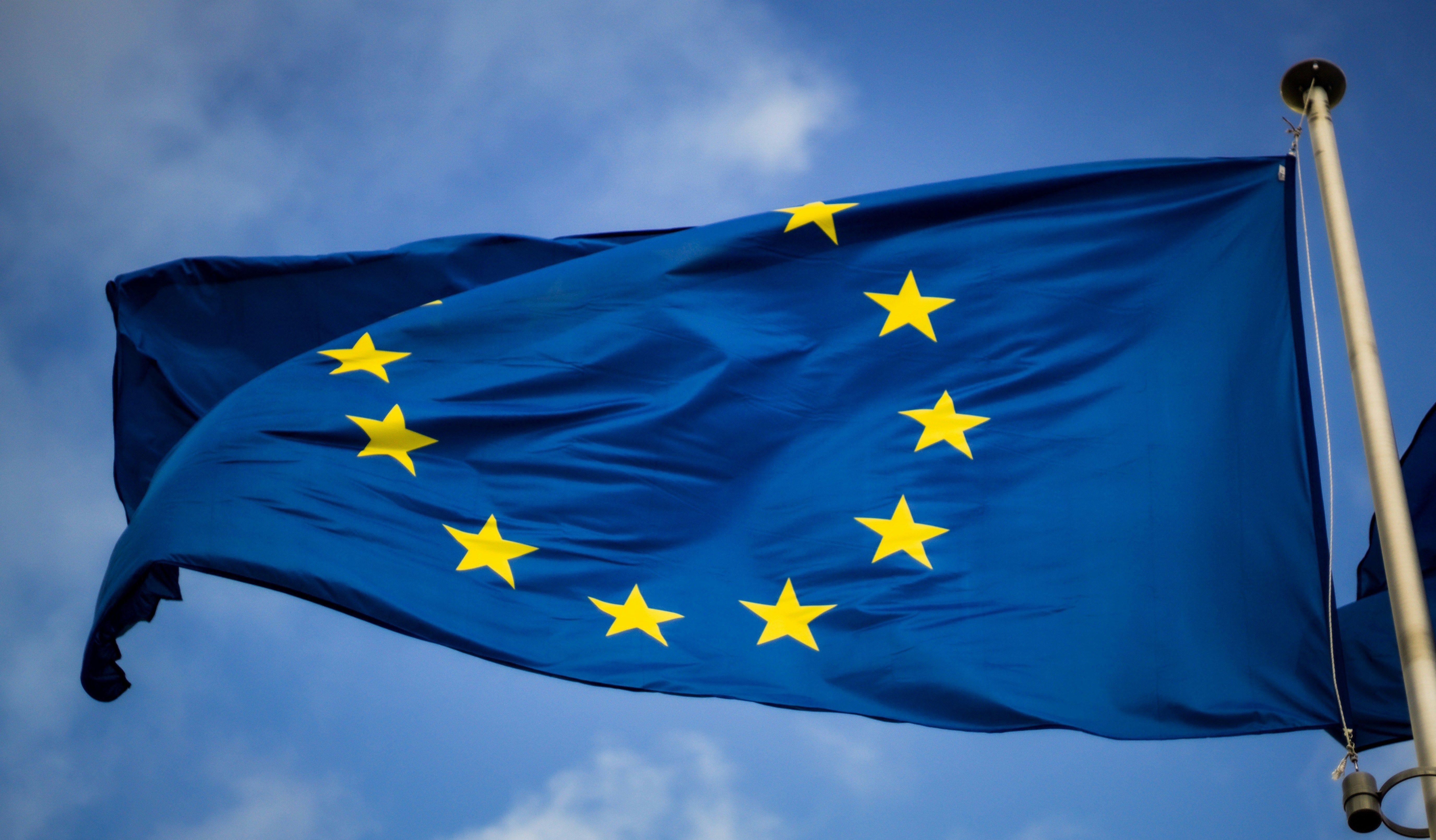


















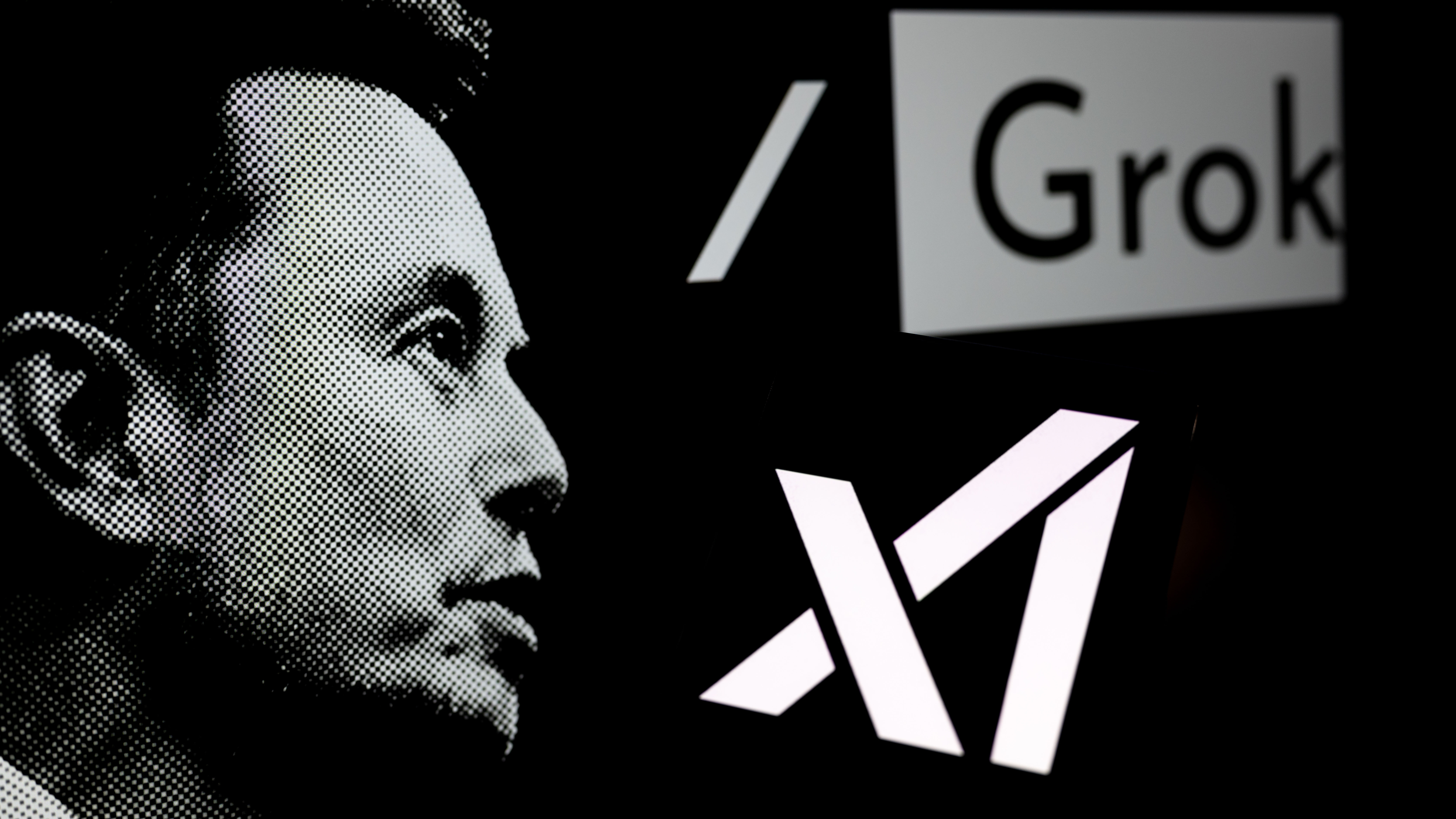













































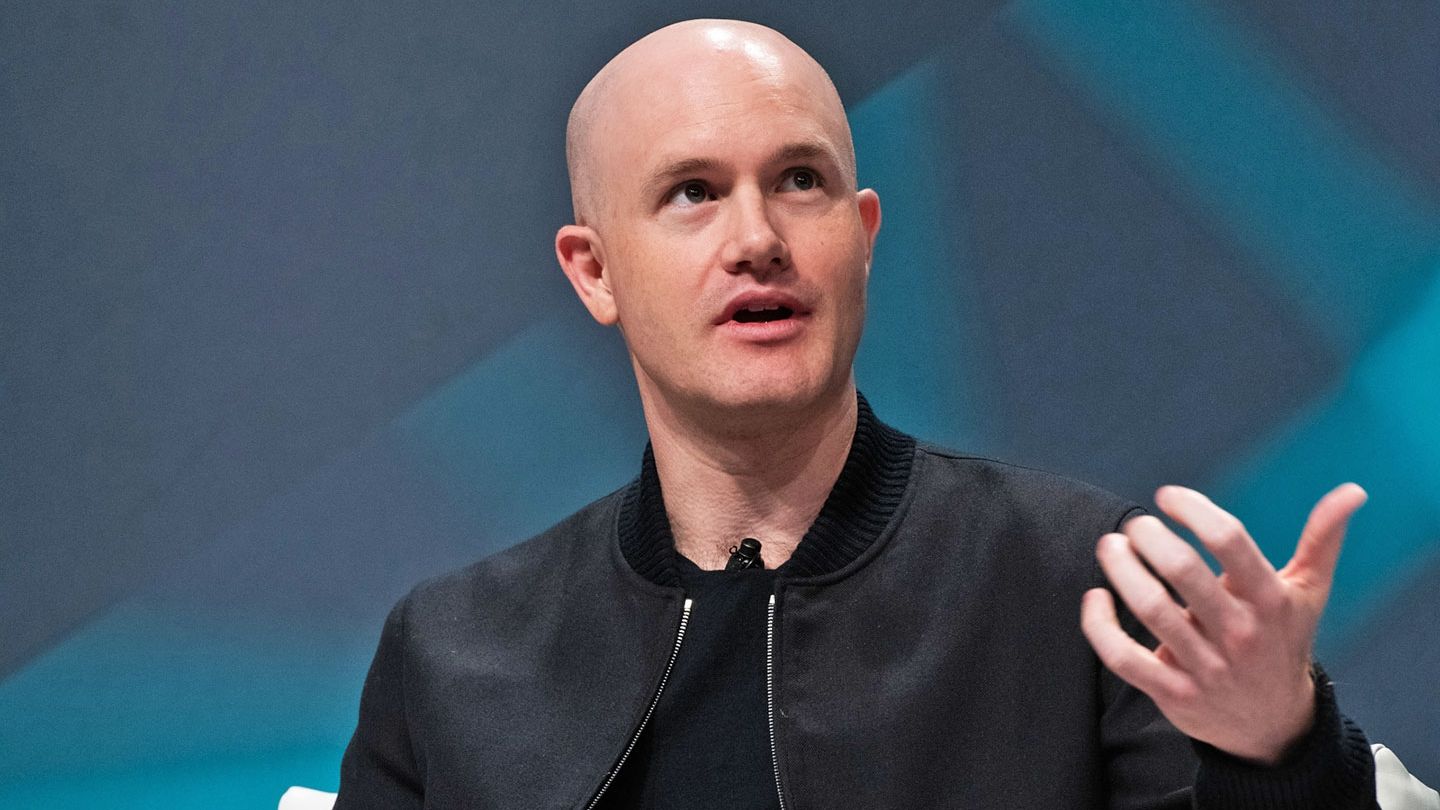


![How to Find Low-Competition Keywords with Semrush [Super Easy]](https://static.semrush.com/blog/uploads/media/73/62/7362f16fb9e460b6d58ccc09b4a048b6/how-to-find-low-competition-keywords-sm.png)



